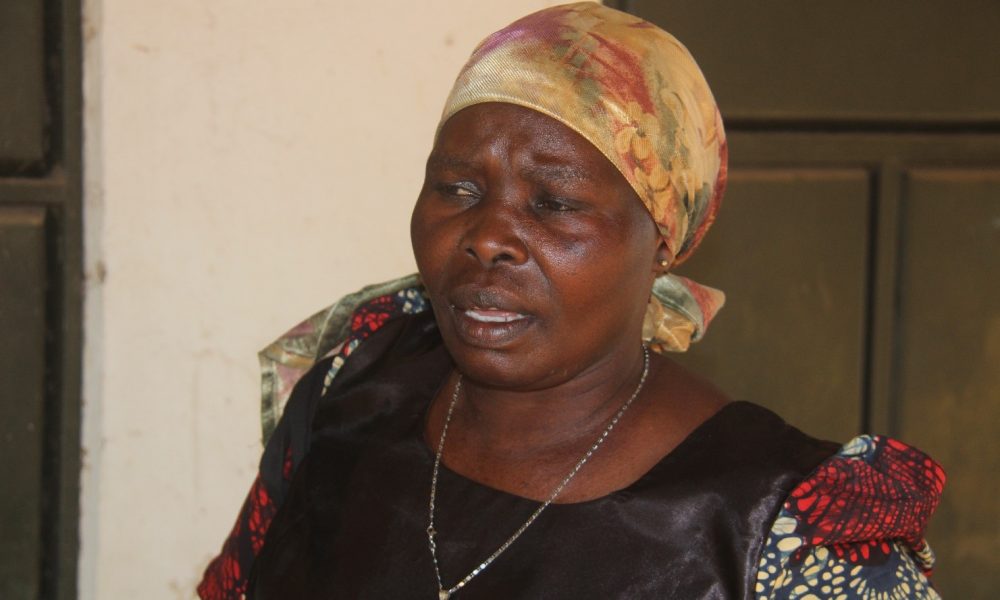By Staff Writer
Recovering from the herder’s attack that displaced thousands in Kajo-Keji, Relief and Rehabilitation Commission (RRC) and IDPs are now seeking for assistance with farming tools in order to till fertile land and cope up with life back home.
IDPs once displaced in Bori, Kansuk, Kimu, Kajo-Keji secondary school, Baptist church and Kansuk have started returning home in order to start clearing their land in preparation for the planting season.
Keji Mary, the Relief and Rehabilitation Commission (RRC) deputy chairperson said due to the small rain witnessed these days the IDPs have voluntarily started going back home with a hope to prepare for the approaching planting season.
“I want to thank those who supported the IDPs, while we go for the resilience stage we need support, we are seeking for some seeds and tools were they can start in their process of cultivation,” she noted.
Keji said much as the people are returning home, some people’s food was burnt in the house and hence the fear of hunger while they wait for the food they are going to cultivate.
She added that Danish Refugee Council (DRC) supplied the IDPs with carpets but noted with concern that one carpet was not enough for the family to make a shelter out of it hence there is need for more.
“I am appealing to the organizations and the government as the IDPs are going back for cultivation they don’t have anything to support themselves, they may need food, while waiting for the food” she appealed.

In February as the cattle herders terrorized villages across the county, a number of houses were also torched sending many to IDP camps.
After the president’s renewed orders and Governor of Central Equatoria State intervention the cattle were said to have left Kajo-Keji for their places of origin but other sources indicate that they are still hiding around the mountains.
Keji said she heard they are in those sides of Kayaya vicinity along the Kajo-Keji_Juba highway “We are glad that the cattle have reached those sides of Kayaya and this is why we are encouraging them to go do cultivation” she stated
However, Leru John a resident of Gaderu says despite the return to their farm lands they are optimistic that the cattle herders are still around in the bushes of Kajokeji.
“Of course the cattle herders are still hiding in the mountains, they have not gone. Despite the small food ratio, this is our land we can’t remain in IDPs camps to wait for food yet we can cultivate” he said.
Leru has however called on the government and well-wishers to provide them some food, farming implements such as hoes and seeds in this season.
RRC has also registered the voluntary return of refugees though not in big number, Keji said many are retuning due to the decrease of food ratio in the refugee camps.
“The returnees are coming the situation they are telling us is that they are coming back because of the small food ratio. They are coming to start digging. Some families are coming with trucks while others are coming on foot” she revealed.
Kajo-Keji a county with agricultural potential, faced it rough after the 2016 conflict which brought them to zero starting from housing to farm lands. But with the relative peace they are possibly rebuilding.
Among other development is the road rehabilitation project, increase of NGOs, Kajo-Keji civil hospital a regional hospital and other peace initiatives that are a guarantee to tangible peace.
In February, the relief and rehabilitation commission (RRC) Kajo-Keji office recorded a total of 12,000 IDPs but due to relative peace IDPs are left very few in the centers.



